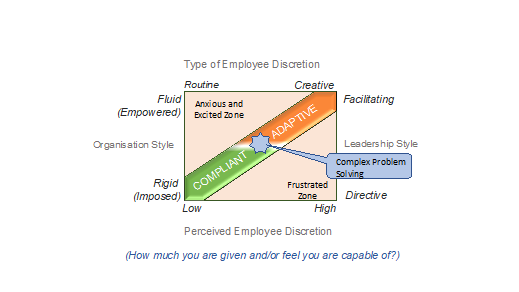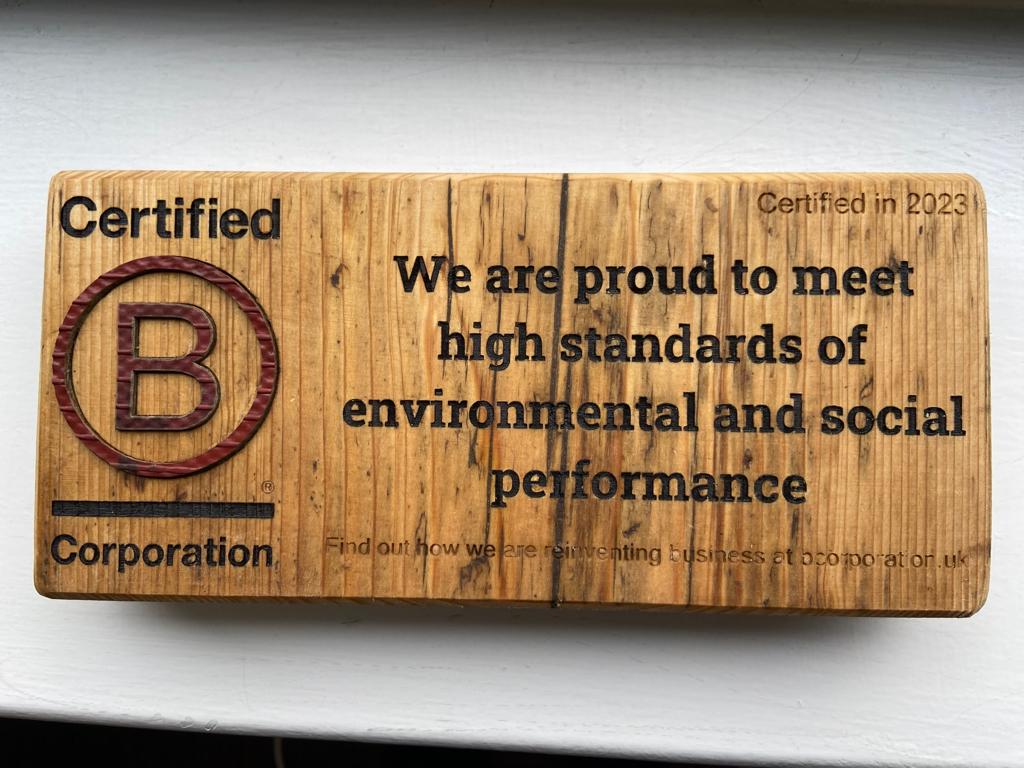Sometimes I think that we make strategy more complicated that we need to, and a real value of reviewing and rethinking strategy lies in bringing clarity for everyone in the organisation.
Some writers on strategy say that it’s as much about “what we don’t do” as “what we do”. Whilst this may be helpful, I believe that it is critical to emphasise the positive. Richard Boyatzis et al, in their book ‘Coaching with Compassion’ emphasise the importance of Positive Emotional Attractors (PEAs) and suggest that having a positive realistic vision is absolutely key. The temptation in difficult times is to lead using NEAs (Negative Emotional Attractors (NEAs) which may be useful for compliance but not for motivation.
That said, operationally, the current situation might be powerfully managed by being proactive in clarifying which activities are to be the focus going forward, and, therefore, which activities will not be continued.
One route to developing your PEAs is to revisit your Customers’ outcomes. What difference do you make for your customers? What is the customer outcome (what they buy) as opposed to your output (what they are paying for)?
At Cranfield School of Management, we recognised that students were paying for a Masters’ degree in Management but were buying confidence to move forward in their careers.
The result of this shift is to recognise that we will need to reallocate resource and that there will frequently be winners and losers, leading to resistance to change. Nothing is ever straightforward but acknowledging this and articulating the strategy going forward is the starting point.
When I develop an operations strategy, I talk about Product, Process and People. Articulating the customer outcome is a major part of the Product. It’s the point of a creative conversation between Marketing and Operations, not least because there may be underutilised capability in Operations.
The key question in Operations Strategy is “how is it changing?”
Getting Operations people to think beyond this week’s delivery can sometimes be a challenge but absolutely critical to be responsive to market trends and also to reinforce the sense of purpose for people.
To be clear, my definition of Operations is the part of the organisation that implements strategy and is responsible for the majority of resource. As such, it is critical to be clear as to “what Operations must do well”. Now is a really good time to restate the focus for operations based on our revised assessment of customer outcomes. Over time, Operations can lose focus, so bringing clarity as to what is the first among equals between cost, quality, speed, dependability and flexibility is a key discussion. I recommend adding sustainability and customer relationship development to this core list, and perhaps innovation.
Moving on to Processes
Using the classification of Runners, Repeaters and Strangers, it is worth investigating whether more processes can be standardised (Runners) as this may mean that you can produce/deliver more efficiently. Many of the organisations I talk to have reduced capacity and this could therefore be a key decision.
A final thought about People. Telling the positive story of Operations Strategy is a powerful factor in building the engagement which is key to success. Part of this engagement is linked to the discretion that employees feel that they are given. Much of Operations has traditionally been in the compliant zone of Figure 1, with the focus on building process ownership.
 Figure 1: Employee Discretion
Figure 1: Employee Discretion
In order to cope with the demands of creating and implementing a new Operations strategy, I believe that enabling key operations people to operate in the complex problem-solving area is crucial to success. This may well demand a different leadership style, balancing a clear vision with coaching colleagues to implement it.
The current situation is challenging but also provides opportunities to create new and effective operations strategies.
I wish you the very best of luck.
Graham Clark
Graham is one of our guest masterclass speakers, and if you are interested in hearing from him or finding out more about developing yourself and your organisation to improve leadership, business performance and get the best from your team, please get in touch with Jo Draper or Stewart Barnes. Our next effective leadership and business strategy program for senior leaders (LEAD™) starts on 10th and 11th November 2022.
Keep up-to-date on the latest leadership and management tips by signing up to our weekly blog here




